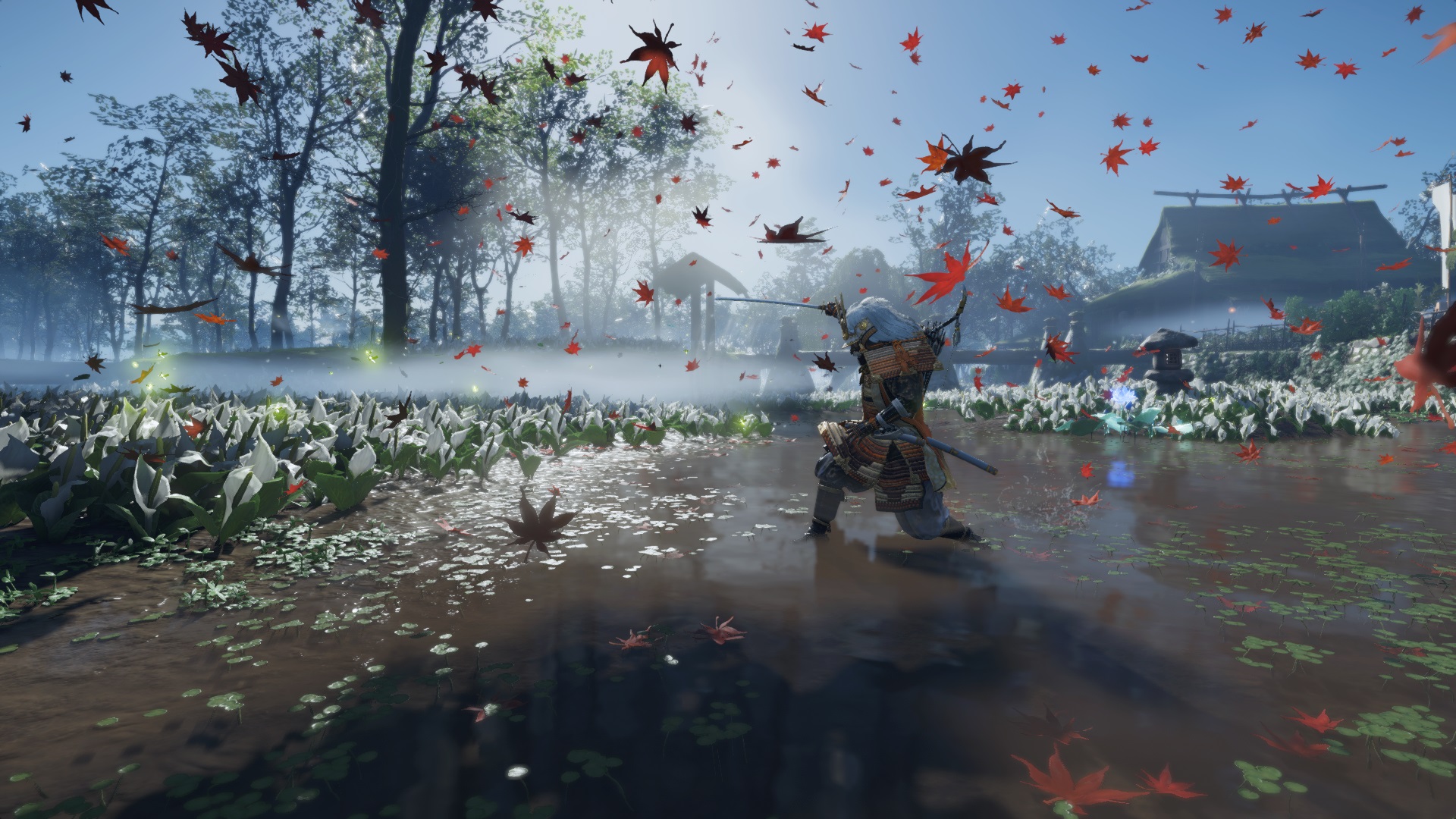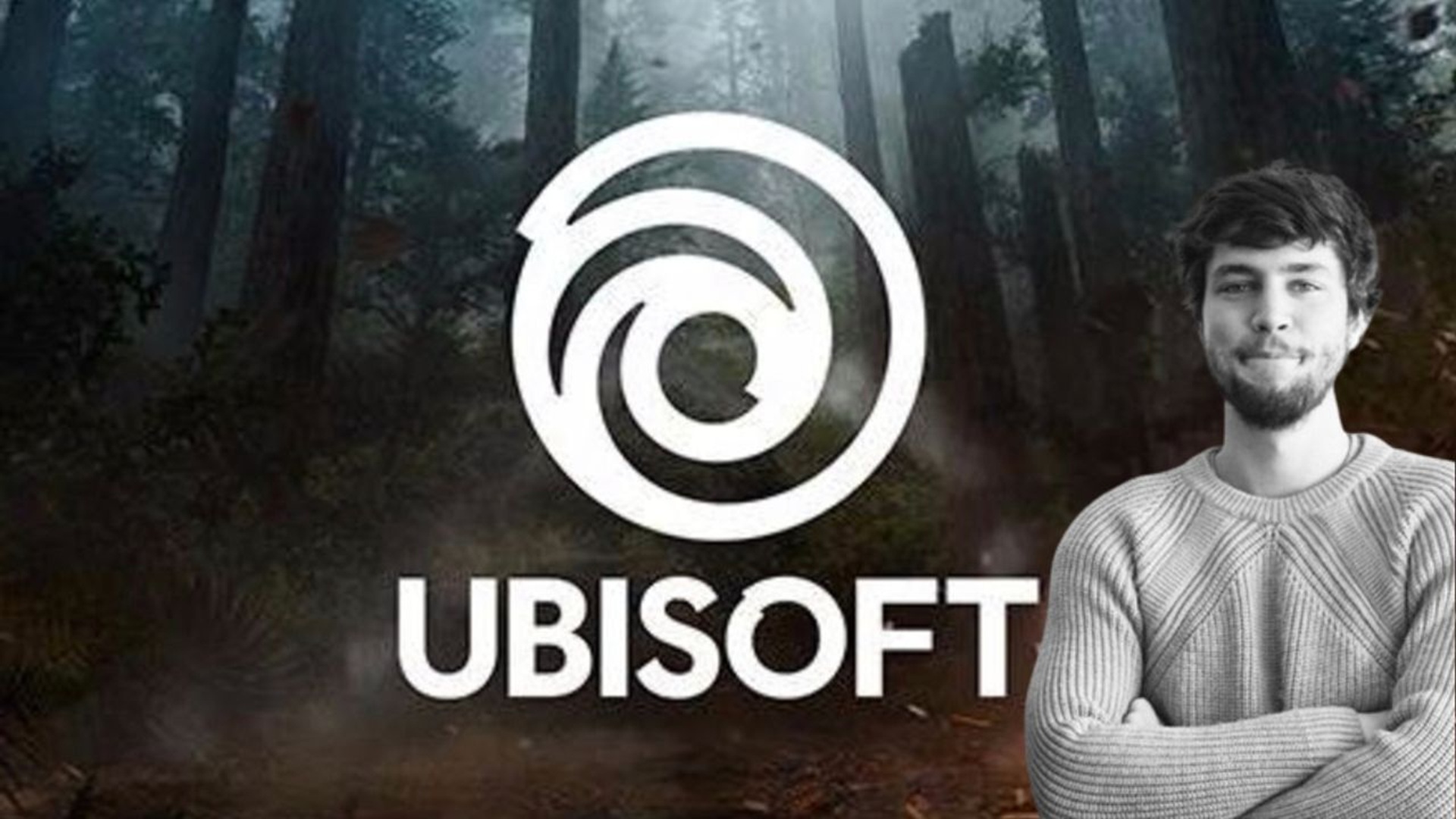- Ghost of Tsushima was one of the last major PS4 first-party games.
- A developer’s LinkedIn profile confirms that the game had a budget of just $60 million.
- This budget is less than half of what PlayStation spent on games like God of War Ragnarok.
Ghost of Tsushima was Sucker Punch Productions’ most ambitious project, requiring over six years of work from the studio. This Japanese adventure was released three years ago and was praised for multiple strong aspects, including its beautiful open world.
It also inspired other studios to explore Japanese settings for Western audiences. Such strengths have earned the game a reputation of being an underrated PlayStation exclusive.
While the game is compared with major AAA titles from the last decade, it had a small budget of just $60 million.
Why it matters: AAA games are only becoming more expensive to create with each passing year, making it surprising that PlayStation delivered this game within such constraints.
Ghost of Tsushima cost was 60m dollars. That's crazy low for what they made. pic.twitter.com/6TyoCfDIDC
— Kuna_X3 (@mapurite82) December 18, 2023
As noted by a financial analyst from Sucker Punch Productions, this game had a much lower budget than most AAA titles.
This is quite the revelation since Ghost of Tsushima appears to have all the qualities fans have come to expect from PlayStation games, with the studio offering a fully-fledged samurai experience.
For comparison, games like The Last of Us Part 2 and God of War Ragnarok had a budget of over $200 million. While they certainly exude higher production values, a stellar art direction and clever design from Sucker Punch Productions helped its work stand toe to toe with such releases.
Going by Shuhei Yoshida’s statement, this budget is closer to God of War 3’s production cost, a game that was released in 2010. Other games like The Witcher 3 had a budget of around $80 million.
A detailed open-world game like Red Dead Redemption 2 required $170 million to create. This is also on the higher side since Rockstar Games is a much bigger studio than most developers.
Despite this budget, the game was a commercial success as it sold over 10 million units worldwide. Job listings from last year also suggest that the developers are working on a sequel of the game for the PS5.
Following this success, we believe it is safe to assume Ghost of Tsushima 2 will be given a bigger budget.
Sucker Punch Productions is a team of very talented developers. With the studio producing such an incredible game on a limited budget, we can only imagine what the sequel with a bigger budget will turn out to be like.
Thank you! Please share your positive feedback. 🔋
How could we improve this post? Please Help us. 😔
[News Reporter]
Abiyan is on track to complete his Computer Science bachelor’s degree. His enthusiasm for writing and gaming motivates him to keep readers and gamers updated with the latest information from the industry. In his free time, Abiyan enjoys playing Dota 2 and Rocket League. Abiyan has also been cited in reputed websites such as Kitguru, Comicbook, GamingBible, Eurogamer and Gamingbolt.


 Threads
Threads


